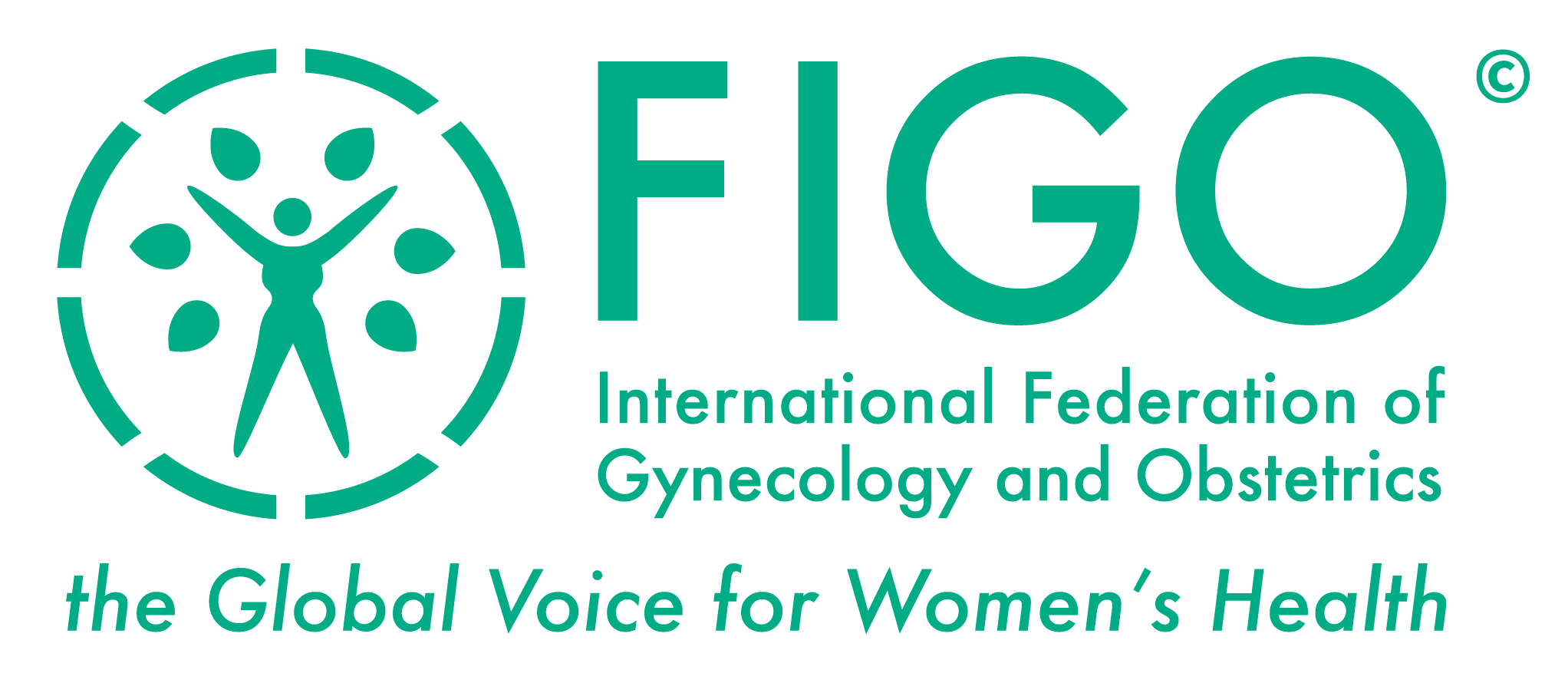
4. Educate and practise ethically: A critical and essential aspect of providing healthcare is to know how to and to practise ethically, especially because individuals, families, society and the healthcare system may have different perspectives about reproduction.
The International Federation of Obstetrics and Gynecology (FIGO), the American Society for Reproductive Medicine (ASRM), European Society for Human Reproduction and Embryology (ESHRE), World Health Organization (WHO), International Federation of Fertility Societies (IFFS) and others have documents that assist primary care providers and other clinicians in providing ethical care to their patients. (Organization References Recommended Reading: ASRM, 2012; ESHRE, 2012; FIGO, 2012; IFFS, 2012; IPPF, 2012; WHO, 2012). These documents should be used to assist PCPs and others when faced with difficult clinical situations.
PCPs and others, where appropriate, should be educated in basic terms regarding ethics, recognizing the societal frameworks in which they are providing care. The ethical principles of autonomy (patient independence), justice (societal fairness), non-malfeasance (“do no harm”), and beneficence (“do good”) can be presented in simple terms to help providers make decisions.
Infertile patients are susceptible to accept unproven interventions and other means of exploitation, which underscores the need for ethical practice. Ethical practices include but are not limited to the following: avoid overstimulation during controlled ovarian stimulation, avoid ineffective unproven treatments, avoid unproven treatment for endometriosis and myomas, use good clinical practice for ectopic pregnancy, avoid unnecessary surgery, and replace only the optimum number of embryos during ART procedures. (ASRM, 2008b; ASRM, 2008i; ASRM, 2006b; ASRM, 2012a; ASRM, 2006; Giudice, 2004; ASRM, 2008f; ASRM, 2008j; ASRM, 2008l; ASRM, 2012b; Min, 2010; ASRM, 2008h, ASRM, 2008g)
Providers should also be educated, within the societal framework, regarding their rights as providers.
